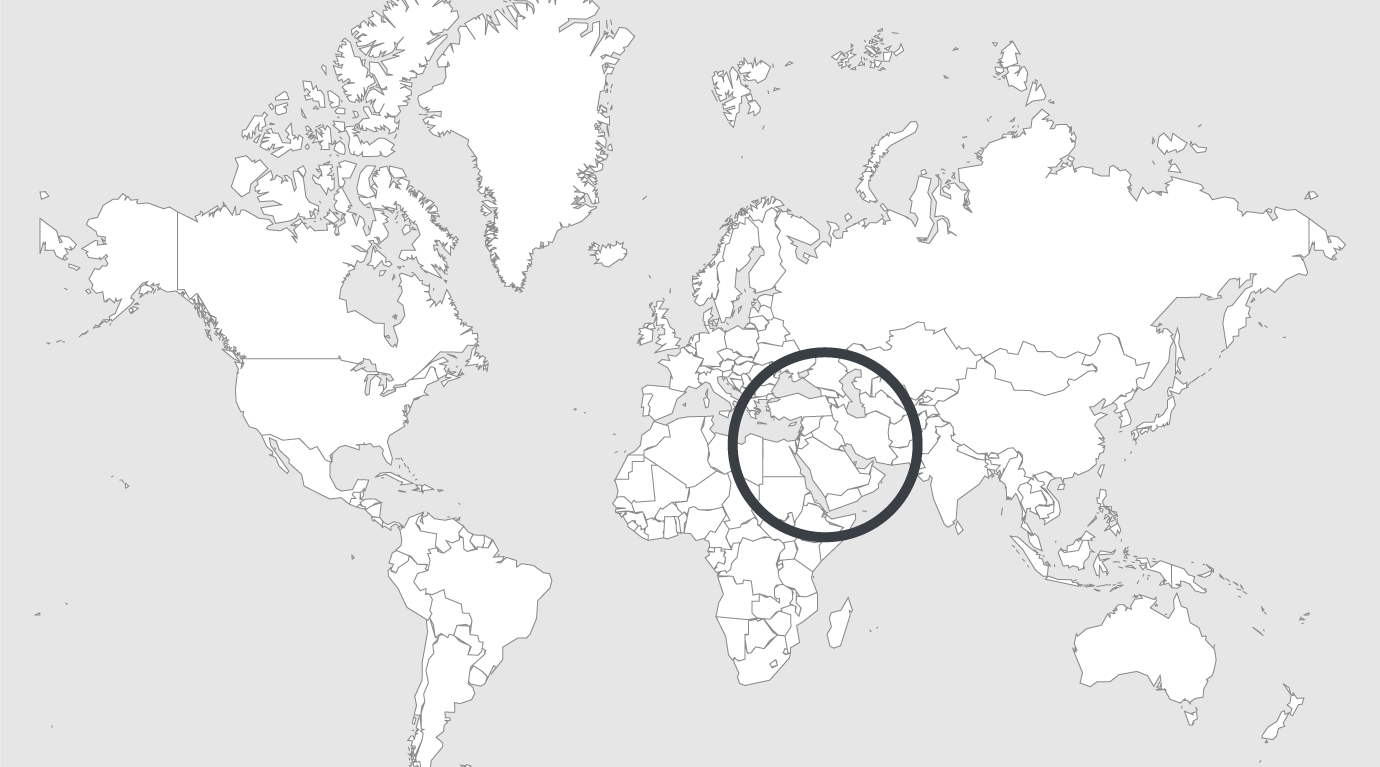
Explore
Iran: family of murdered iranian prisoner demands prison officials be put on trial
The family of Alireza Shir Mohammad Ali, a 21-year-old Iranian political activist serving an eight-year sentence who was murdered by a death-row inmate being housed in the same wing - despite his protests that he was being kept next to dangerous criminals charged with murder, rape and burglary - is insisting that Iranian officials should also be brought to justice regarding his death.
Ali was stabbed over thirty times on June 10 allegedly by two inmates. The main assailant has been identified as death-row inmate Hamidreza Shoja’ei Zavareh, who is now continuing to serve out his sentence in the the Greater Tehran Central Penitentiary (GTCP), according to a Radio Farda report.
The Iranian courts have sentence Zavareh to the punishment of qisas or an “eye for an eye” according to ancient Sharia Law, as well as the Code of Hammurabi. Authorities may be using the verdict to turn attention away from the Islamic Republic’s alleged complicity with the altercation, as well as human rights violation within the prison itself. According to Iranian State Prison Article 69, officials are supposed to divide prisoners according to the severity of their convictions.
“We demanded the director-general of the prisons, the GTCP warden, and the officer in charge of the prison at the time of the crime” to be prosecuted, Ali’s legal counsel Mohammad Hadi Erfanian told state-run IRNA news.
“I don’t understand why he was transferred to GTCP, as the law stipulates separation of prisoners (based on the severity of the charges)” the attorney said. *“The GTCP warden, the chief guard at the time of the crime, and other officials of the detention center must be held accountable.” *
Most political dissidents are housed in Evin Prison, as opposed to the infamously dangerous GTCP.
The unnamed accomplice has been sentenced to 25 years for “paying blood money,” Judiciary’s spokesman Gholam Hossein Esmaeili said on July 23. Activists maintain that this was an execution ordered by Iranian intelligence, which recruited the two alleged murderers to kill the Iranian dissident.
Erfanian told ILNA, citing Ali’s mother, that the judiciary head can not “ignore her son’s spilled blood,” or the suspicious circumstances surrounding his death.
“Authorities should not keep a political prisoner in a ward where thieves, murderers and smugglers are kept, to prevent such accidents,” Ali Motahari said to local news outlets, according to Radio Farda.
The murder prompted protests and calls on social media for judicial reform, citing the department’s incompetence.
Ali was sentenced to eight years in prison after participating in a protest last year, on charges of “blasphemy, insulting the former and current supreme leaders and propaganda against the regime.” The court was scheduled to review his case for lighter sentencing a month before his death.
“GTCP was initially built as a concentration camp for drug-related convicts. However, intelligence agents often punish political prisoners and prisoners of conscience by exiling them there,” said Radio Farda. “There have been numerous reports about inhumane living conditions at the prison, Iran Human Rights Monitor reported on June 11.”
Read original article
